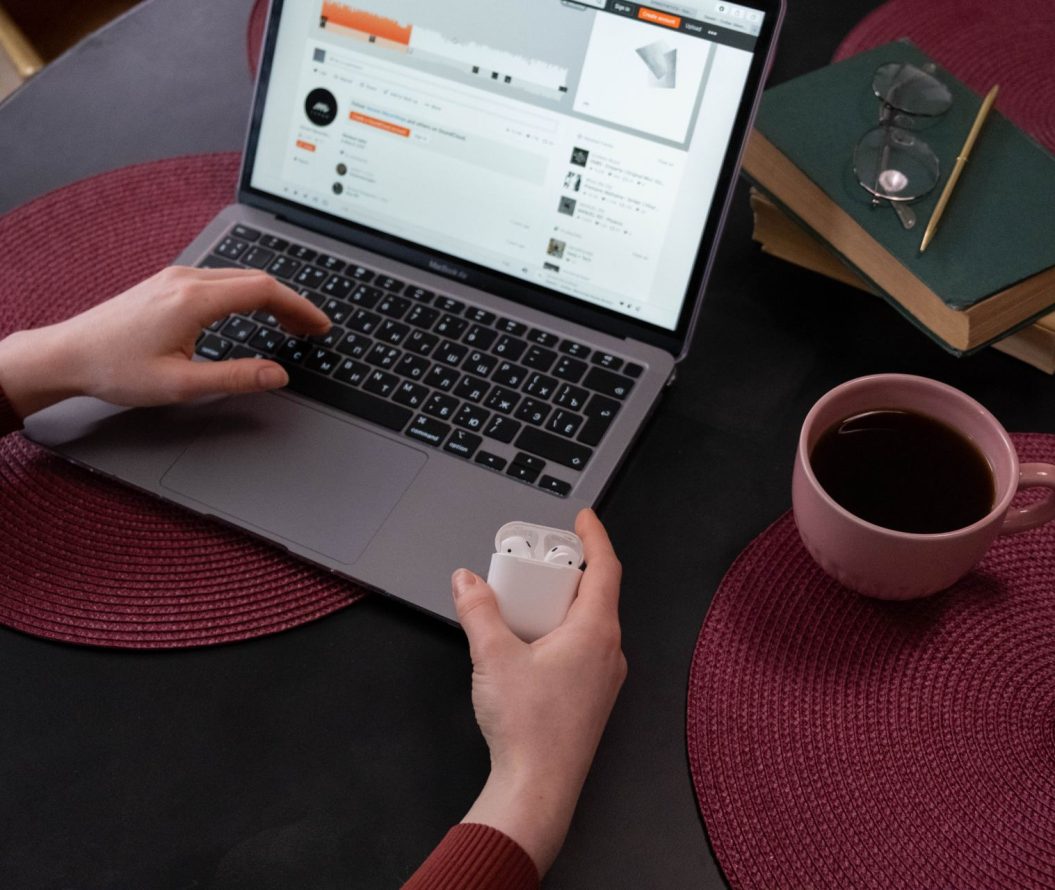Hi, I'm a second-year Advertising and Marketing student. After moving from South Africa by myself from a young age, I fell in love with writing as it was the best way to express myself while I was in isolation. Through…

Money lessons I have learnt as a care leaver
April 6, 2021,
read.
This article is more than 3 years old
Being a care leaver is tough. A lot of times your social worker or personal advisor might give you resources to prepare for being independent, however, no one really prepares you for going to university as a care leaver and the financial planning needed in doing so. Turns out, only 6% of care leavers go to university. As one of the 6%, here is my guide on financially surviving university as a care leaver.
Find a part-time income
I understand the workload of university is immense and that balancing a part-time job as well as your full-time education can be overwhelming, but honestly, this is one of your best options in surviving the times when you don’t have your student loan to live off. Having a part-time job does not automatically mean working 16+ hours; you could work only 4 hours and save all of that cash while using your student loan – trust me, a little progress is still progress!
Utilise university resources
As a care leaver, you are entitled to the Blackburn grant, provided by the university, as well as the Student Support grant which they provide to students who are from a low-income background. Usually, the council will also be able to help you with rent or other financial needs you may have. The point is there is no harm in asking – there are pots of money specifically designed to help students in your situation, you simply need to ask.
Credit
Now that I am about to graduate, I realise how important it is to have a good credit score. My journey to building my credit hasn’t been an easy one. Because I move quite often, it made me seem unstable. However, if you go on ClearScore or Experian you might find that you are eligible for credit cards which will help you build a credit score. Having a good credit score is beneficial for many reasons but most importantly, as a care leaver, if you want to rent or take out a loan and do not have family to back you, you can always use your credit as an indicator of your money management expertise which will help you access more resources. However, please use your credit card wisely. I can not stress this enough.
Budget and live life
Being a young independent adult means having to think and worry about bills and savings, whilst your peers with traditional lives may not always share the same struggles as you do, which can leave you feeling lonely. I used to always hold onto every piece of change or revenue I would receive out of fear that I may go broke and not have anyone to fall back on. At some point, life was passing me by and I missed out on making so many memories. I realised that I needed to have a healthy outlook on money. Money is made for spending but it’s important to know how you’re spending it! Create a budget for yourself that takes into account your immediate and future needs (think summertime!). Once you understand where you stand with your finances you won’t feel so guilt going for a pint with friends or buying that video game.
Ask and read
Financial literacy is not taught to a lot of us, but others have the fortune of learning via trial and error, when you are an independent young adult, trial and error could be the difference between you making your rent or just having decreased spending money. You can access financial advice from your university and there are plenty of easy-to-read financial books such as Laura Whateley’s Money: A User’s Guide and Bola Sol’s How to Save It. These books have changed my perspective on money and have taught me how to be smarter with the money I have.
If you need further help, you can contact the University Student Services, the Student Union Advice Centre, or read more about Financial Assistance Funds provided by the University here.







